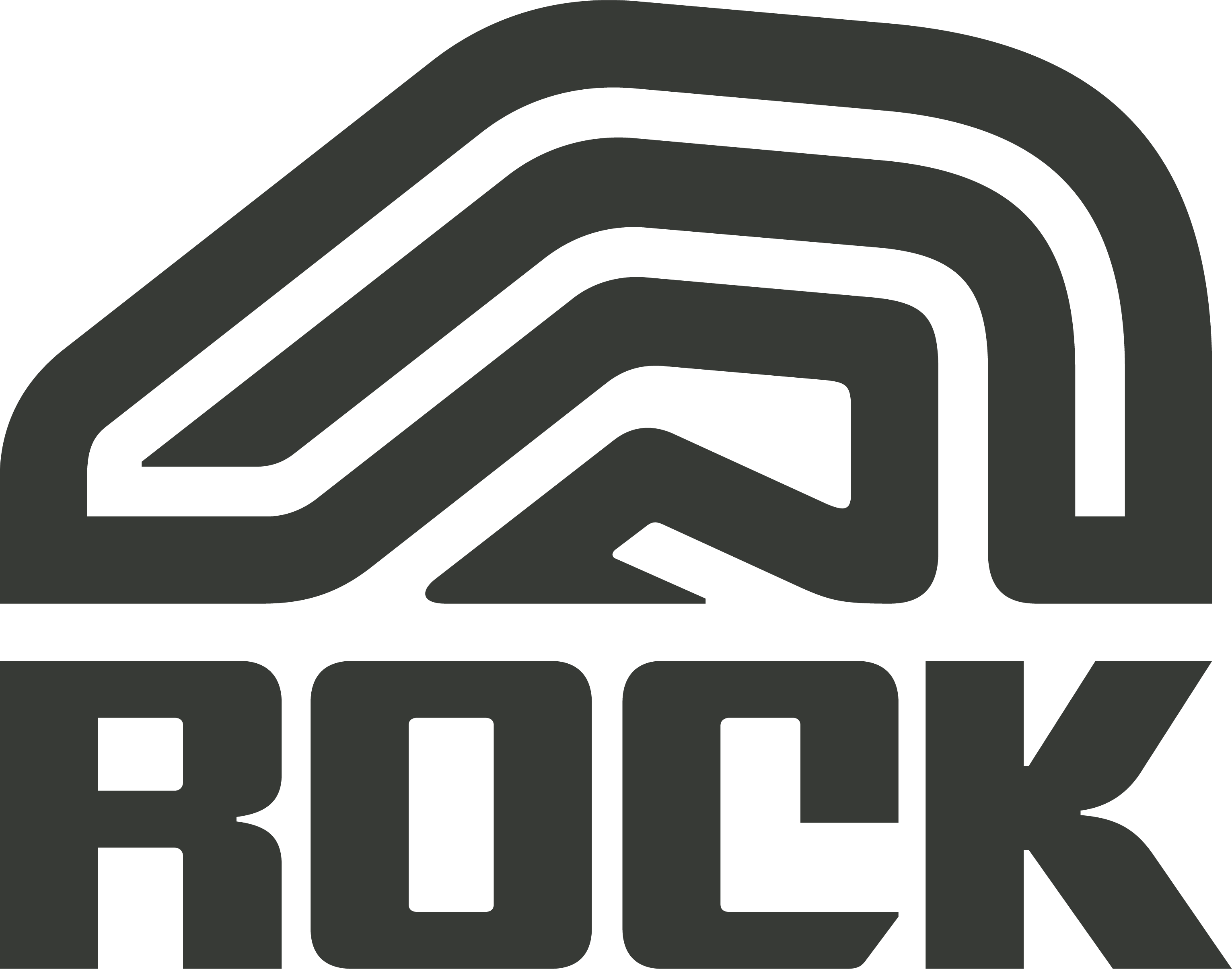– Detroit Fintech company adds integrated receivables and payment processing to speed up cash flow.
May 11, 2020 [DETROIT] — TCF Bank today announced it has teamed with Detroit fintech company Autobooks to provide an integrated banking experience to its small business customers. Starting today, small business customers of Chemical Bank, a division of TCF National Bank, can enroll in Autobooks at www.ChemicalBank.com/autobooks and within a few moments begin accepting online payments via ACH and Credit Card — with funds deposited directly into their Chemical Bank checking account. In order to help customers in this time of caution and uncertainty — Chemical Bank is waiving the monthly software fee for the first 90 days. As part of our local communities, the Bank continually looks for ways to support our customers. Autobooks will be made available to all TCF Bank customers in the near future.
Small businesses who rely on face-to-face payments have recently turned to tools like Autobooks to enable them to get paid online, which makes the relationship especially timely. Through the relationship, TCF Bank and Chemical Bank’s small business clients will have the ability to electronically send invoices, collect payments, and automate aspects of accounting and reconciliation. These streamlined services help the bank become an ecommerce platform capable of budgeting and cash flow forecasting, while reducing the number of days to get paid formerly by cash and checks for their clients.
“Small businesses rely on predictable cash flow, and now more than ever need tools from their financial institution to help them quickly get paid — such as self-service merchant onboarding to accept online payments and donations,” said Joe Chasteen, Director Business Banking Sales at TCF Bank. “We are providing a platform to evolve the traditional business checking account into a modern back-office that emphasizes cash-flow, embedding tools such as customer management, receivables, payables and payment processing. Digital banking services are going to be critical to small business success and we want to be there every step of the way to support our customers with timely, relevant and innovation solutions.”
Small businesses are a critical part of Michigan’s economy, accounting for nearly half of the state’s employees and 99.6% of Michigan businesses overall. Small businesses are also uniquely vulnerable to economic downturns, as the average small business only has 27 days of cash reserves. Maintaining cash flow is critical to the survival of this sector.
“Small business owners already have enough on their mind, which is why we are making getting paid as simple as possible,” said Steve Robert, CEO and Co-Founder of Autobooks. “As a payment facilitator, we’re honored to be working with Chemical Bank to bring treasury and cash-management products down market, providing an on-ramp for small and micro-businesses to get the tools they need, from a provider they know and trust.”
Chemical Bank merged with TCF in 2019, forming the largest Michigan-based bank with over $47 billion in combined assets. Construction on its new Detroit headquarters is underway, and now the relationship with Detroit-based Autobooks further demonstrates its commitment to the region and the long-term recovery of the city and its residents.
As businesses look to embrace the speed and efficiency of digital services, Chemical Bank customers at 232 locations in Michigan and Ohio can now enroll into Autobooks and within minutes begin accepting payments. The small business will be notified when a payment is received and funds will be deposited directly into their account with Chemical Bank. Small business owners can now keep a finger on the pulse of their business, with up-to-the-minute accuracy to proactively manage their cash flow.
For more information visit www.chemicalbank.com/autobooks.
Accounting and payment processing services are provided by Autobooks, Inc., an unaffiliated third party. Chemical Bank receives revenue from Autobooks Inc.
About Autobooks
Detroit-based Autobooks is a provider of small business banking solutions that make it simple to get paid online, manage cash flow, and automate accounting. Through Autobooks, financial institutions can provide a small business e-commerce platform directly embedded within their existing digital banking channels. Please visit www.autobooks.co to learn more.
